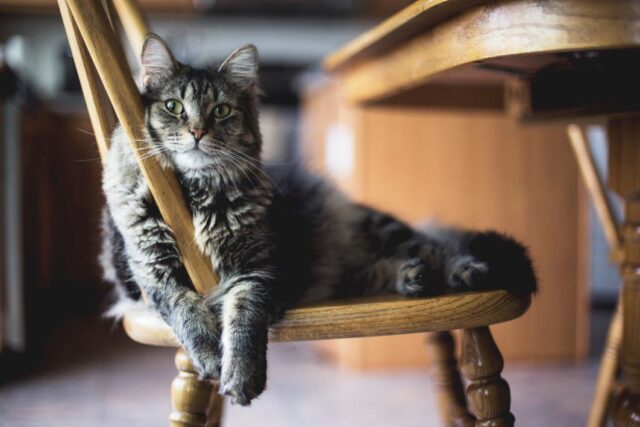Cats feel they should get some of whatever we might be eating, but not everything on our plates is safe for them. Some foods we’d never think could be harmful to cats can prove to be quite toxic. It’s important to know which foods are dangerous as they can wreak havoc on feline systems, bringing about symptoms that range from upset stomachs to kidney failure.
As the parents responsible for our felines’ wellbeing, it’s up to us to keep these 25 foods out of the reach of kitty paws. So, let’s find out what you can share and what human foods are bad for cats.
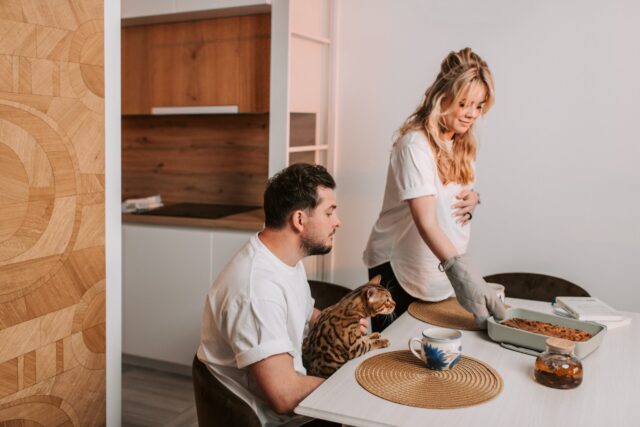
25 Foods That Are Bad For Cats
#1 – Chocolate
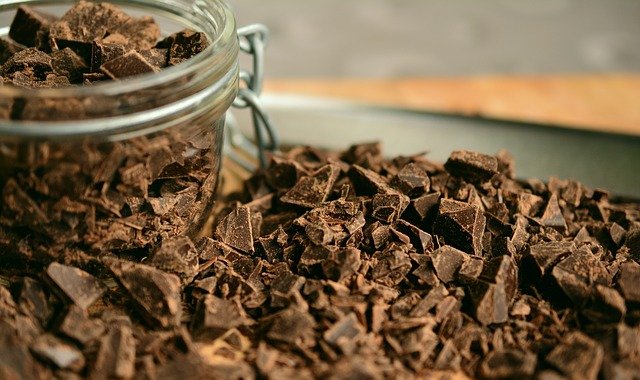
Containing theobromine and traces of caffeine, chocolate is toxic to cats. And the darker the chocolate, the more poisonous it is to cat bodies. Cats aren’t typically drawn to chocolate, but it’s best to keep all chocolate securely stored so cats can’t accidentally find it.
#2 – Alcohol

Cats tend to avoid alcohol as they don’t like the taste, but don’t leave your cocktails unattended around your cat as curiosity can sometimes get the best of them. And where alcohol is concerned, feline curiosity could lead to severe illness. Alcohol affects cats the same way it does humans, but cats are much smaller, meaning a small amount could lead to alcohol poisoning.
#3 – Caffeinated Drinks
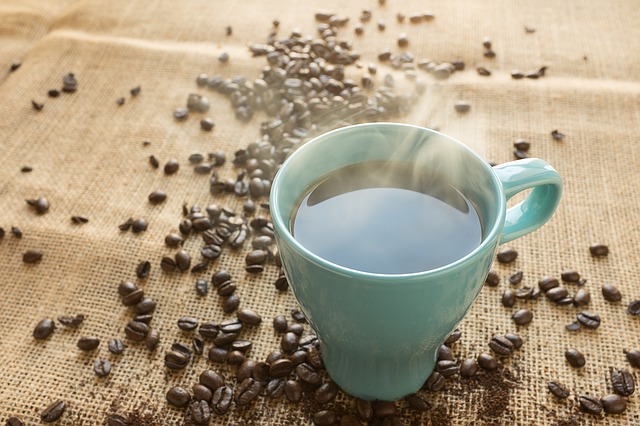
Found in all coffee, some teas, and most soft drinks, caffeine is toxic to cats. Consumption by cats even in small amounts can lead to restlessness, stomach upset, and shakiness, among other symptoms. To learn more about cats and caffeine, check out Can Cats Drink Tea And Other Caffeinated Beverages?
#4 – Bread Dough Containing Yeast
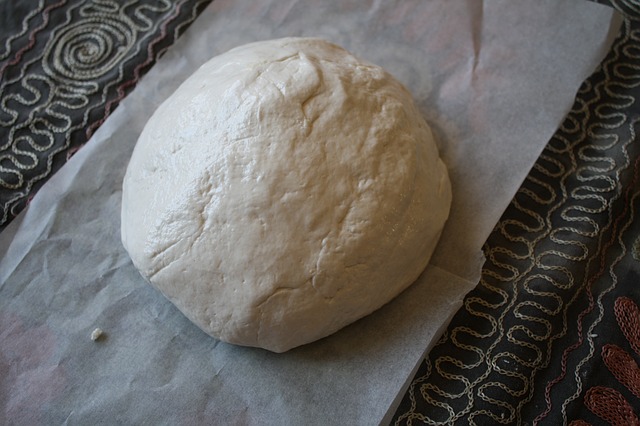
Yeasty bread dough may come as a surprise, but it makes the list of foods that are bad for cats for two reasons. Firstly, if ingested, the dough continues to rise inside a cat’s stomach, leading to problems with bloating. Also, yeast dough produces ethanol, a type of alcohol, which is toxic to cats.
#5 – Onions, Garlic, and Chives
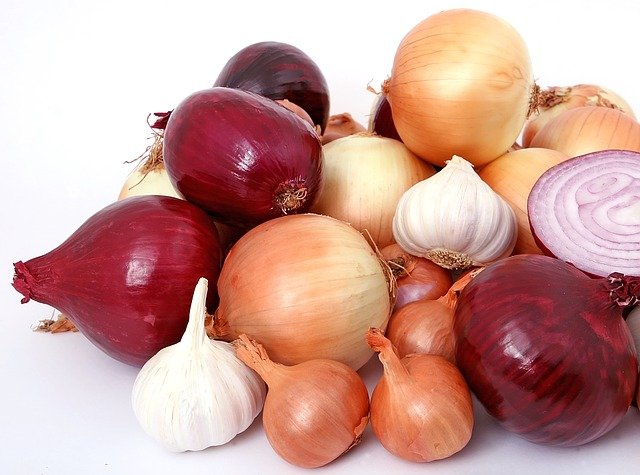
While the occasional small taste of onions or garlic probably won’t pose any serious problems, long-term consumption or large amounts of either can lead to severe toxicity in cats. While any of the Allium family members, including chives and shallots, are bad for cats, garlic is far more toxic than onions. That said, both onion and garlic can destroy red blood cell membranes, sending cats into severe anemia and creating a medical emergency.
The team at Frontier Veterinary Hospital in Hillsboro, Oregon, lists onion and garlic poisoning symptoms as weakness, lethargy, pale gums, fainting, and loss of appetite. Plus, “the breakdown of the red blood cells can also discolor the urine, so a report of a ‘port wine colored urine’ can be a symptom of hemolytic anemia.”
#6 – Mushrooms
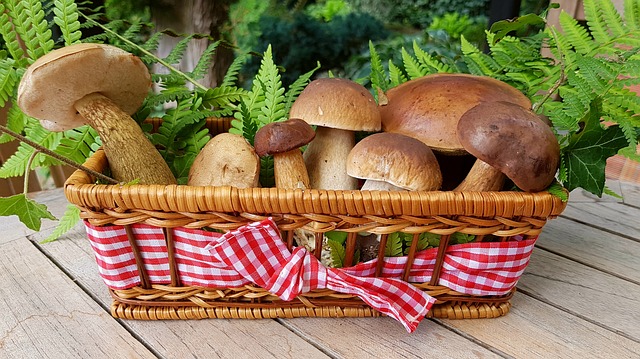
When cooked, the mushrooms available in the grocery store are okay for cat consumption in moderation. Thanks to their savory smell and taste, these shiitake, button, or Portobello mushrooms might attract your cat’s attention. But while kitties can have a mushroom snack from the store, make sure they stay away from wild mushrooms. That’s where mushroom toxicity becomes a problem. Many wild mushrooms are considered poisonous to cats, dogs, and us, so you and your whole family should avoid them.
#7 – Grapes and Raisins
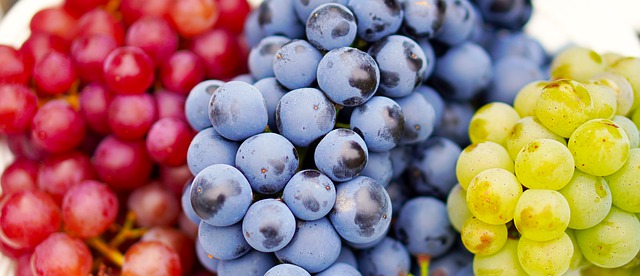
Grapes and raisins are both foods that are dangerous to cats. Scientists have not yet identified what makes grapes toxic to cats. But we do know that grapes and raisins cause kidney failure in both cats and dogs. Make sure your kitty doesn’t get ahold of either one.
#8 – Citrus Fruits
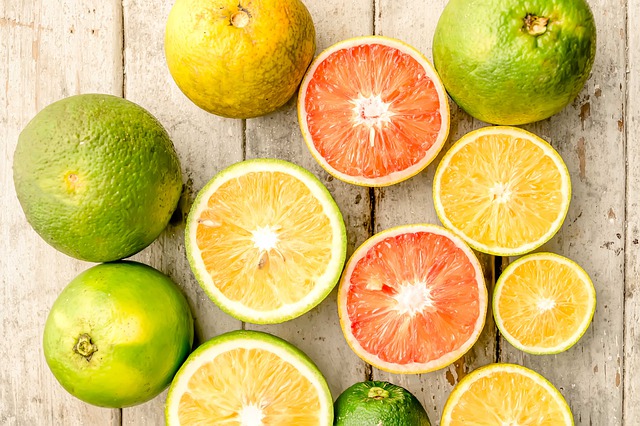
Cats are repelled by the scent of oranges and other citrus fruits for a good reason. The essential oils and medicinal aspects of oranges, limes, lemons, and other citrus fruits are harmful to cats. The ASPCA lists the clinical signs of toxicity as “vomiting, diarrhea, depression, and potential dermatitis.”
#9 – Cherries, Plums, and Peaches
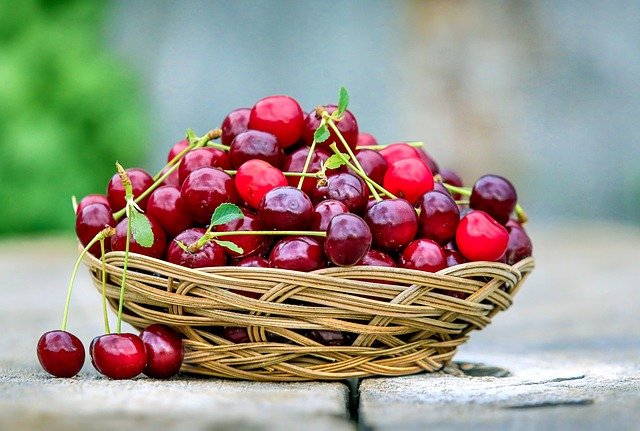
The meat of stone fruits like cherry, plums, peaches, and nectarines aren’t harmful to cats, but the pits, stems, blossoms, and leaves are toxic, all containing cyanide compounds. Consumption of any of these poisonous parts can lead to illness in cats. Keep your kitty safe, and skip stone fruits altogether to avoid any potential risks.
#10 – Rhubarb
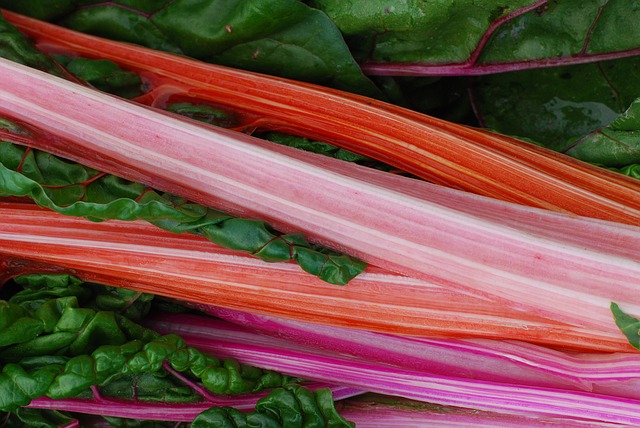
A sour fruit stalk used in desserts and sweetened with tons of sugar, rhubarb is toxic to cats. It can cause vomiting and diarrhea, but the Pet Poison Helpline reports rhubarb poisoning is more often seen in grazing livestock that eat the plant in large quantities.
#11 – Raw Potato
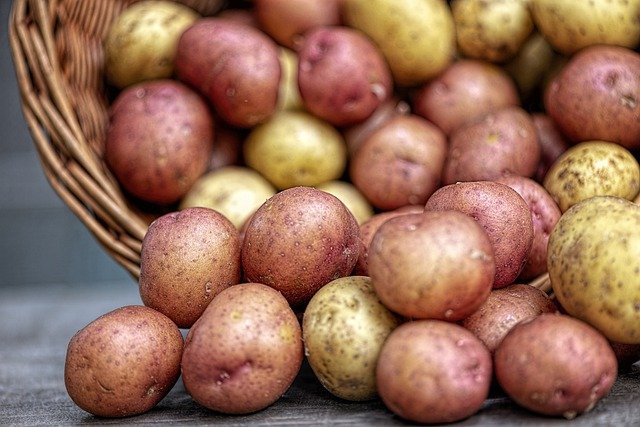
Cats can enjoy cooked potatoes just like us, but in moderation, as they’re not a balanced food source for felines. Raw potatoes are not safe for cats, however.
Dr. Richard Hill, VetMB, Ph.D., explains, “Uncooked potatoes are indigestible. Cooking breaks up the starch granules to make the starch moderately digestible. But the green bits or green potatoes are toxic.”
#12 –Tomato
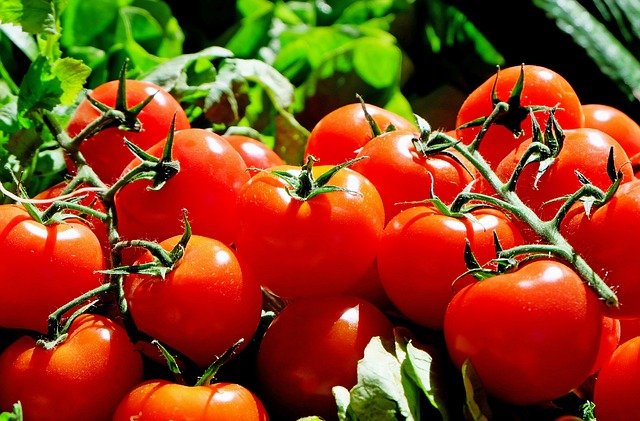
The answer remains divided where tomatoes are concerned. A nightshade family member, tomato plants, and their green fruits contain toxins that can cause gastrointestinal upset and weakness in cats. While cats have been known to eat ripe tomatoes from time to time, it may be best to skip raw tomatoes when it comes to your cat. There are other treats your kitty would probably like better anyway!
Are you surprised to learn what foods are bad for cats? Keep reading to find out what other foods can be toxic to cats too.
#13 – Liver
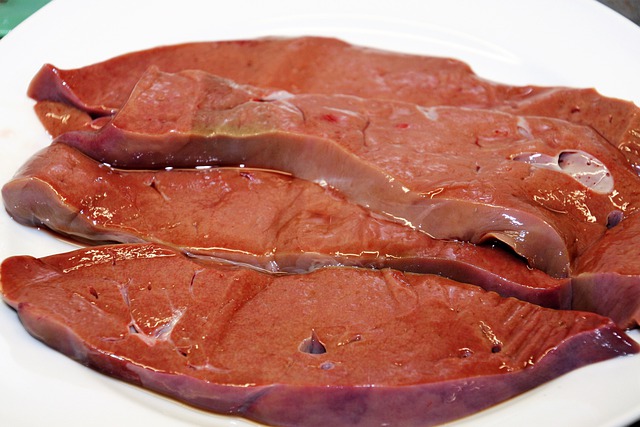
An organ meat full of nutrients cats need, liver can benefit cats in small quantities. Overfeeding liver to cats can lead to vitamin A poisoning, though. Also called hypervitaminosis A, CatHealth.com warns vitamin A toxicity can stimulate “abnormal bone growth due to excessive vitamin A accumulation in the tissues,” causing extra bone growth to form around feline joints.
#14 – Raw Meat & Fish
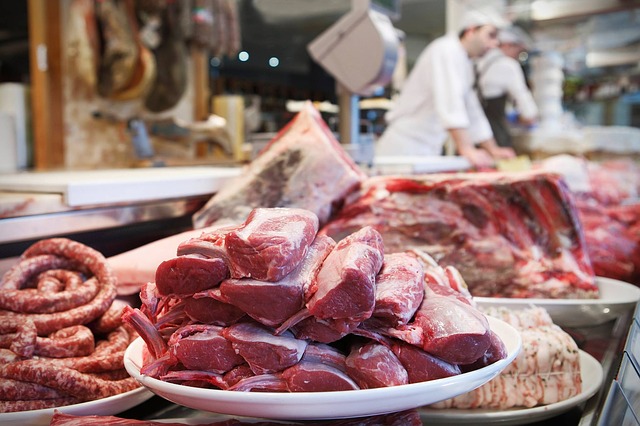
We know cats are obligate carnivores, which means they eat meat. Cats need meat and its nutrients, but raw meat can make them sick when proper food handling procedures aren’t followed. Same as us, cats can suffer from foodborne illnesses like salmonella and E. coli when they consume raw or undercooked meat.
Some experts will tell you to avoid giving your cat any uncooked meat, but others tout the benefits of a raw food diet for cats. Indeed, the decision is up to you and your cat’s needs. If you’re interested in learning more about what nutrients cats gain from meat and how you can prepare them a safe raw food dinner, have a look at Cooking For Kitty: The Benefits Of Homemade Cat Food.
#15 – Fat Trimmings
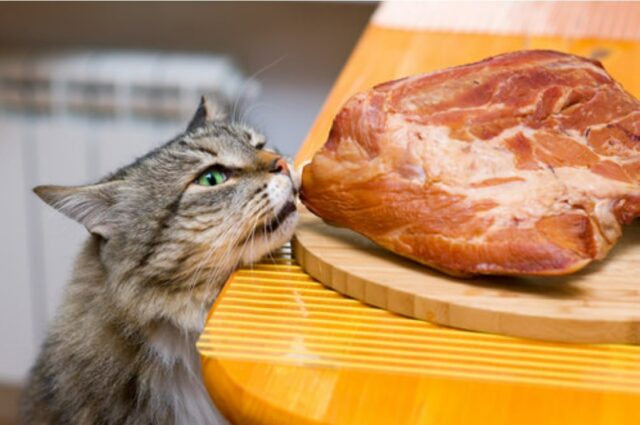
Cats will undoubtedly scarf down meat trimmings when offered. And while these fatty offerings aren’t toxic to cats, fat trimmings can upset cat stomachs, leading to vomiting, diarrhea, and even pancreatitis. Keep kitties from a free-range feast by putting these delicious-smelling pieces where cats can’t get to them.
#16 – Cooked Bones
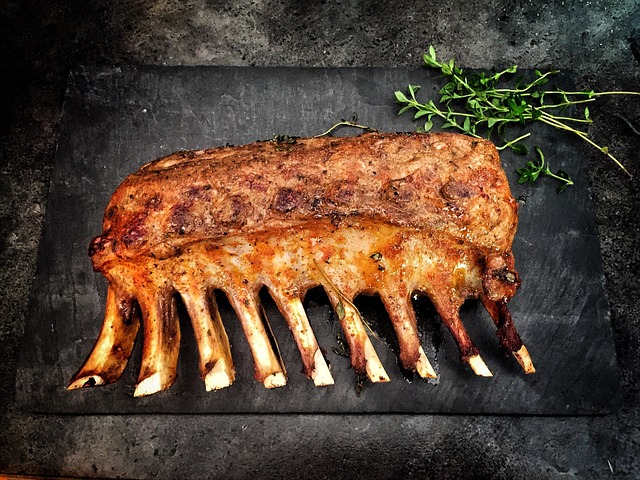
Cooking softens bones, so cooked bones may splinter and break when cats chew them. These broken and pointed pieces can cause injury to mouths and the upper and lower digestive tracts.
#17 – Raw Eggs
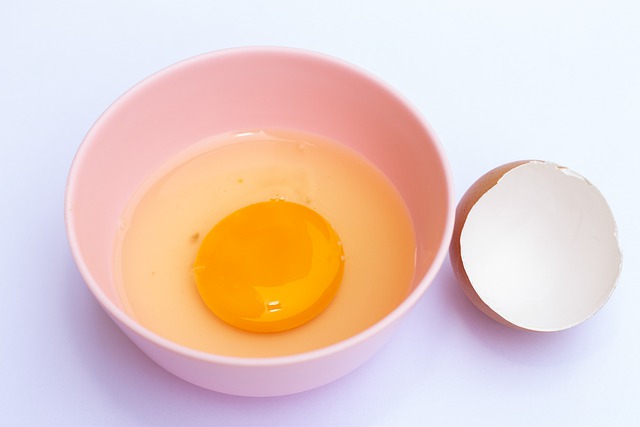
Like consuming raw meat, eating raw eggs puts felines at risk for contracting salmonella and E. coli. While cats shouldn’t eat raw eggs, they can have the occasional cooked egg as they are a healthy source of protein and fat. Skip the yolks if you’re trying to cut your cat’s fat consumption.
#18 – Milk & Dairy
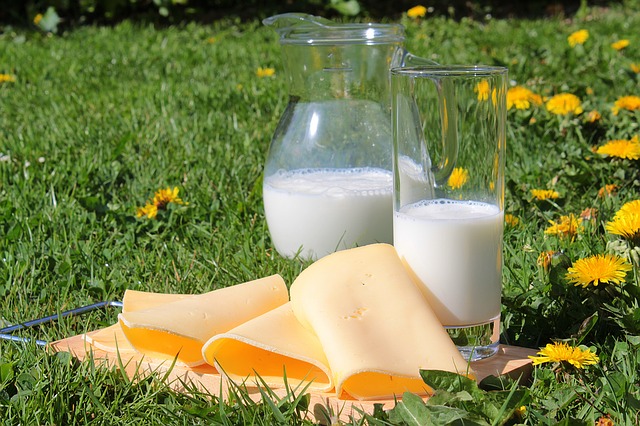
Adult cats are lactose intolerant, which means milk and milk products, like butter and cheese, can upset their stomachs greatly. Diarrhea and vomiting are not uncommon for cats who’ve ingested too much milk-based food. This includes ice cream, which is not only made of milk but sugar too. Too much milk and sugar can mean big-time tummy upset for cats. A little taste will most likely do no harm, but keep it to a few licks to avoid problems.
#19 – Nuts
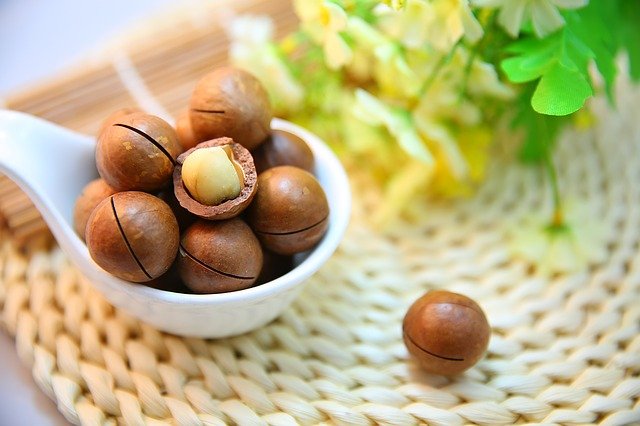
While cats can enjoy peanut butter from time to time, they should avoid eating whole nuts. Nuts have the potential to make cats sick due to the high fat and oil content, as well as causing a choking hazard. Preventive Vet lists macadamia nuts, black walnuts, raw cashews, pistachios, hickory nuts, almonds, and Brazil nuts as either toxic or too large for safe eating. Symptoms of nut poisoning range from upset stomach, weakness, shakiness, seizures, bloody stool, and even orange urine.
#20 – Salt
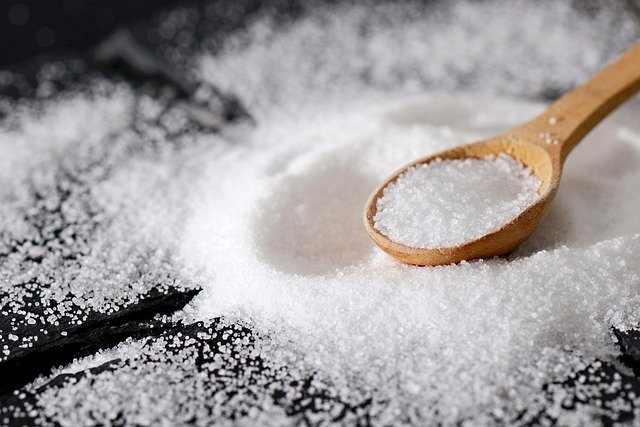
Did you know salt can poison cats? A food considered bad for cats, experts warn that excess salt consumption can lead to salt poisoning. Pet Poison Helpline lists symptoms as gastro upset, lethargy, lack of appetite, excess thirst, and possible seizures.
#21 – Certain Herbs and Spices
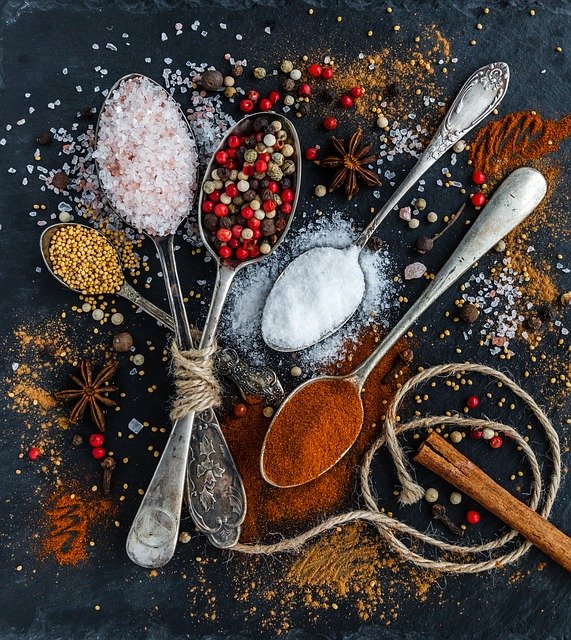
While cats can eat several of the plants and herbs used to make spices, there are quite a number of cooking spices and seasonings that are bad for cats:
- Foxglove
- Chamomile
- Cayenne pepper
- Cinnamon (in large doses)
- Cloves or Allspice
- Nutmeg
- Oregano
- Black pepper
It’s worth mentioning onion, garlic, and chives again, as even in the dried seasoning form, they are toxic to cats.
#22 – Canned Tuna
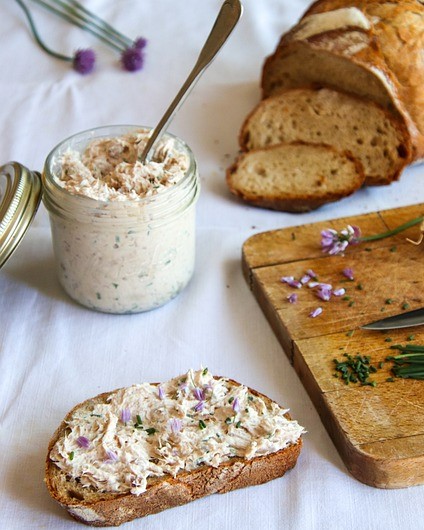
Felines are fiends for tuna, and giving them the canned tuna meant for our consumption can ruin them on cat food. Cats who exist on diets of canned tuna made for humans are missing the vital nutrients cats need for optimal health. Plus, too much tuna can lead to mercury poisoning in cats.
#23 – Dog Food
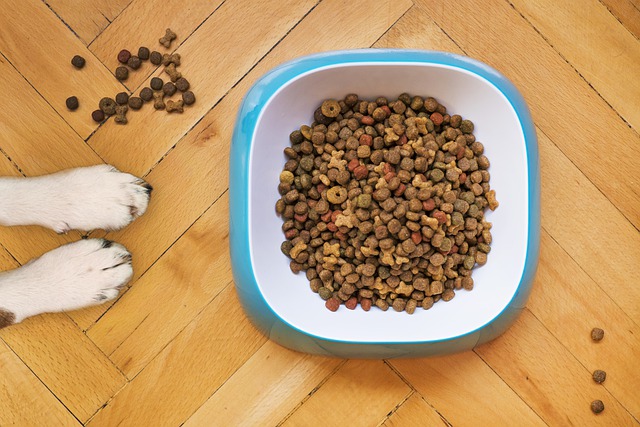
Though not a human food bad for cats, dog food isn’t meant for the feline kind. A couple of bites won’t do any harm, but a dog food diet doesn’t provide cats with the essential nutrients they need to maintain a healthy lifestyle.
#24 – Xylitol
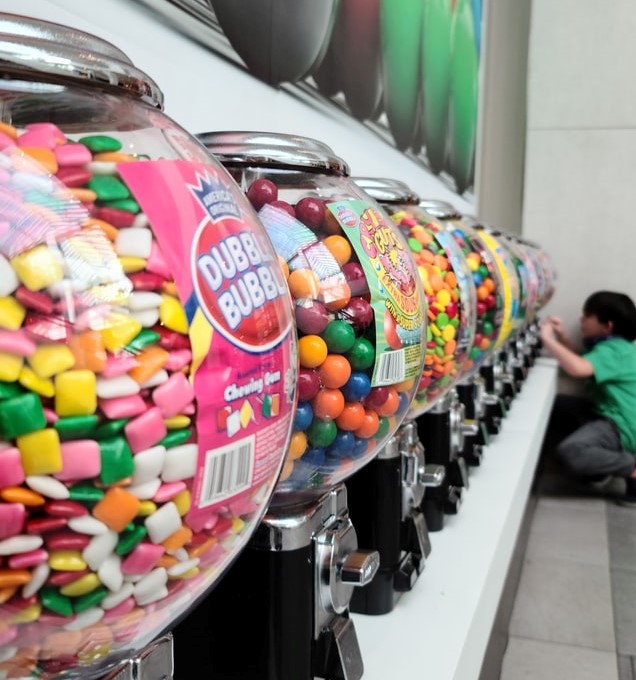
A substitute sweetener in many foods and candies, xylitol is a food that’s dangerous for cats and dogs. Even in small amounts, xylitol can cause dangerously low blood sugar. The Creekside Animal Hospital of Tomball, Texas, lists symptoms of xylitol poisoning as vomiting, shaking, collapse, seizures, and possible death. Symptoms can occur 30 minutes to 12 hours after consumption.
#25 – Junk Food with Artificial Additives and Preservatives
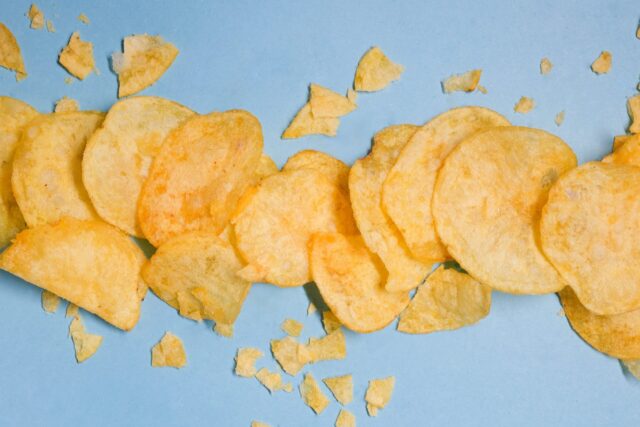
Most junk food comes packed with artificial ingredients meant to enhance taste, texture, and shelf life. These chemical additives aren’t suitable for cats, though. Cats already have a reputation for vomiting, and giving them junk food can make the upchuck notoriety a reality.
If you suspect your cat has consumed toxic food, contact your cat’s veterinarian right away. If you can’t reach your cat’s medical provider, contact Pet Poison Helpline at 1-855-764-7661. An incident fee applies.
Now you know what human foods are bad for cats, so what snack can you share with your kitty?
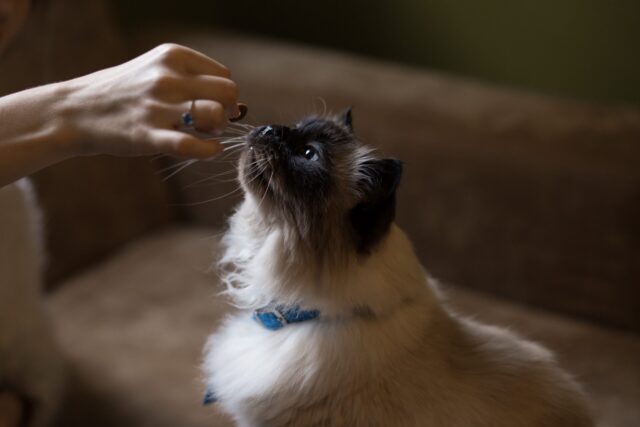
Foods You Can Share with Your Cat
While the list of human foods bad for cats is long, so is the list of foods you can share with your cat. From beef to shrimp, you can always share a bit of cooked meat. Or even a bite of scrambled or boiled egg. When it comes to fruits and vegetables, the list of cat-safe foods is long. Just remember when you’re sharing a snack with your kitty, keep it in moderation. Too much of a good thing can upset a cat’s digestive system.
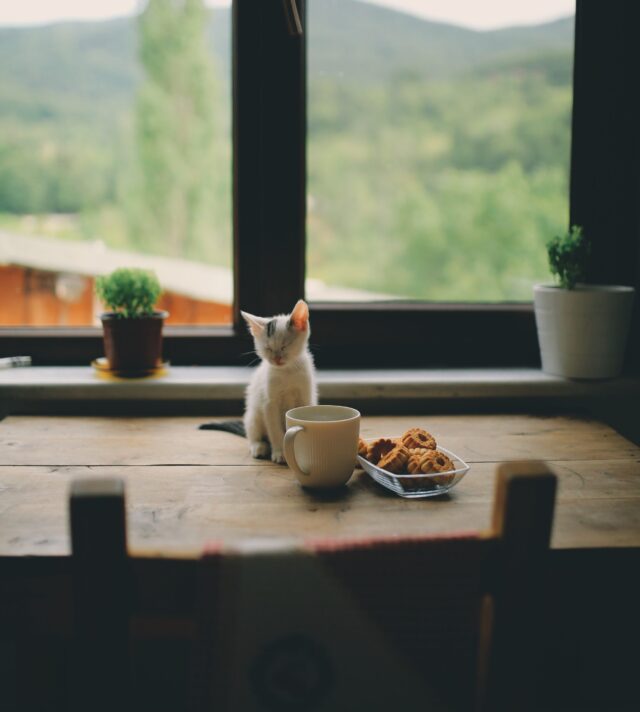
Also, the stems, seeds, and skin of many fruits and some veggies can make cats sick. It’s best only to give cats the flesh or meat of the fruit or vegetable. Be sure you cut any offerings into small pieces that are easy for a cat to chew and swallow.
PetMD lists these fruits and vegetables as safe for cats:
- Apples (no stems or seeds)
- Apricots (no seeds, stems, or pits)
- Artichokes
- Asparagus
- Beans
- Blackberries
- Blueberries
- Broccoli
- Cabbage
- Cantaloupe (no rinds)
- Carrot
- Cauliflower
- Celery
- Coconut
- Cranberries
- Cucumber
- Eggplant
- Ginger
- Green beans
- Honeydew
- Kiwi
- Lettuce
- Mango (no skin or seeds)
- Nectarines
- Olives
- Pears (no seeds, stems, or pits)
- Peas
- Peppers
- Pineapple
- Pumpkin (no seeds, stems, pits, or rinds)
- Raspberries
- Sweet potato
- Winter squash (no seeds, stems, pits, or rinds)
Now that you know what foods are bad for your cat and which are okay, your feline wants you to get in the kitchen and start slicing. If you’re not sure if a food is dangerous for cats or not, skip giving it to your furry BFF until you know for certain. But what’s one thing you’ll always know for sure? Kitties like snacks!
